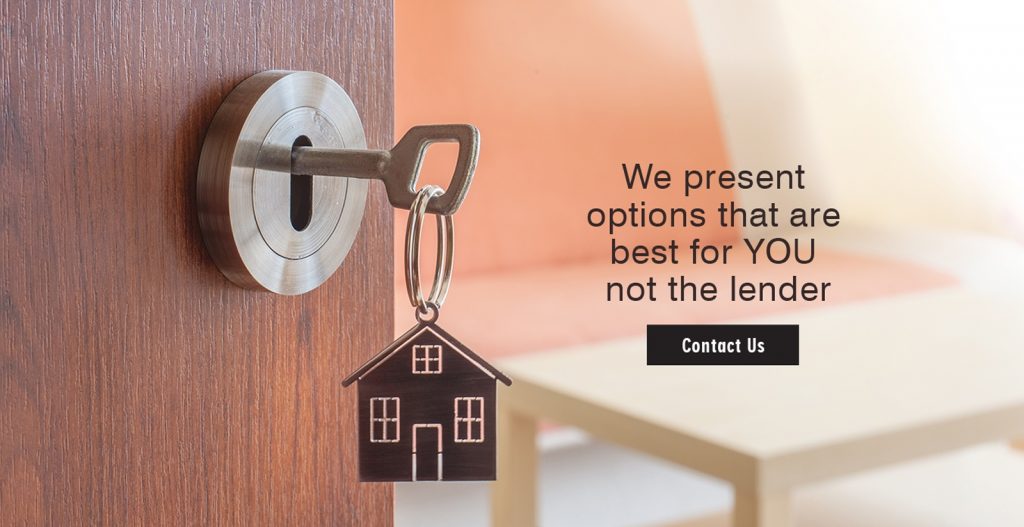Buying a home is one of the largest financial investments that most people will make in their lives. This investment, in turn, becomes an asset that the homeowners can later borrow against – at some expense. When a homeowner has taken out money based off their home’s accumulated equity, this is called a second mortgage.
Second mortgages are loans. These loans are popular among homeowners who need to consolidate their debts or spend a fair amount on making household renovations. With a second mortgage taken out on their home, individuals don’t have to sell their homes to get their money.
If this sounds a little complicated, don’t worry. This article will inform you of the basic terms and conditions that surround obtaining a second mortgage in Canada.
Borrowing Against Your Home Equity
The term “equity” refers to how much of your home you actually own. You gain more ownership over the property as you pay more toward the principal on the initial mortgage loan. Once an amount, determined by your mortgage lender, is reached you may choose to borrow against it. This money can be used however you want, but you must remember that this is a loan that needs to be paid back.
Like with any loan, second mortgages come with an interest rate that is separate from the interest rate of your existing mortgage. Oftentimes, and especially if you paid less than a 20% down payment upon purchase of the property, the interest on your second mortgage will be higher than the interest on your first. Before taking out a second mortgage on your property, you need to feel confident that you can repay both the initial mortgage and the second. However, the interest rates on these loans still tend to be lower than those of some credit cards and loans from other institutions.
In some ways, borrowing against the equity of your home can be quite risky. You’re putting your home on the line, after all. So, if you fail to pay the second mortgage in the monthly payment installations that you agreed upon with your lender the home may be taken from you via foreclosure. For this reason, it is completely impractical to take out a second mortgage to pay daily living or luxury expenses. The high risk associated with second mortgages is only worth venturing into when the possible benefits outweigh the risk – like if you’re consolidating larger debts or making improvements to sell your home for a higher price at a later date.
In Conclusion
Second mortgages can be a great move if you sincerely feel that the expense will be to your financial benefit. Investments in higher education, home improvements and overall debt relief are significantly wise investments to make into your future, so a second mortgage might not be too chancy. However, only the financially secure should consider taking out a second mortgage on their existing property. The possibility of foreclosure should the debt remain unpaid is very real, so if you fear that your financial situation might be changing for the worse any time soon it’s best to hold off on adding any more debts.


